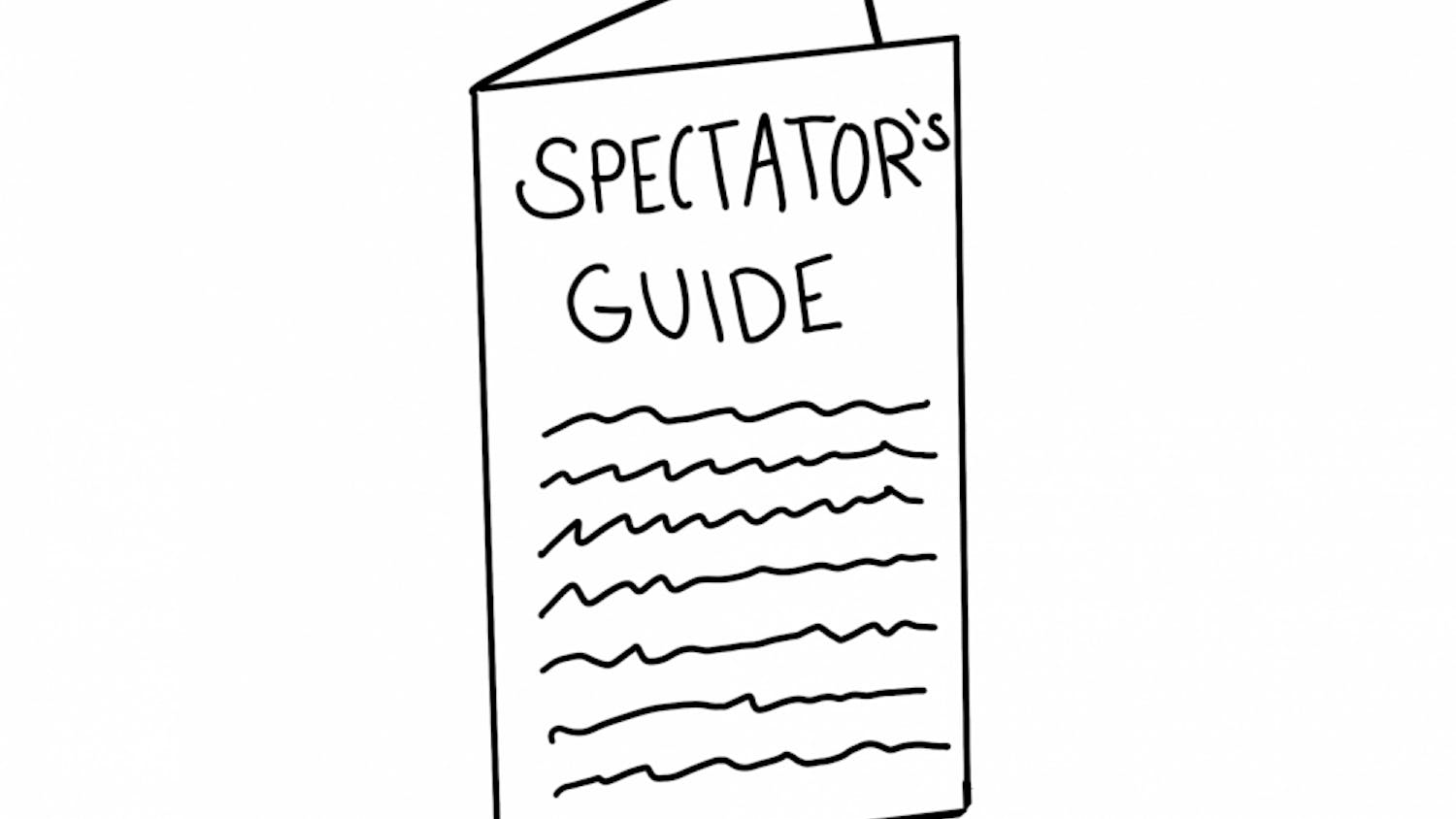STEM subjects are part of the liberal arts for the same reason as any other subjects: they provide a unique perspective on the world. By condemning the CHEM 0103 test question, we have decided that there is no place for the viewpoint of STEM to influence our understanding of history. I cannot discount the fact that this question offends some students, but we should have a conversation pertaining to the potential usefulness of questions like it.
The abstract math of STEM can have immense real-world consequences. In one of my physics classes, I was asked to calculate the critical mass for the nuclear weapons used on Hiroshima and Nagasaki. It was just a few letters and numbers, but it led to the death of hundreds of thousands. Science does not exist in a vacuum—applying it is just as important as the science itself. Putting myself in the very same shoes as Einstein, who developed this weapon, forced me to appreciate the gravity of the topic. Einstein understood the implications of his technology and even urged the president not to use it, but a less well-rounded person may not have.
Like humanities or the arts, topics in STEM can serve to further students’ understanding of the difficulties of marginalized groups. Unlike Professor Byer’s KKK joke which trivialized these difficulties, the Holocaust question potentially creates a deeper appreciation for these difficulties. By going through the same calculations as the Nazis, students can understand the amount of deliberation that was necessary for this atrocity. The psychologist thinks about the herd mentality that led to the Holocaust, and the sociologist may think about cultural influences. The chemist that understands the planning necessary for systematic genocide furthers the psychologist’s and sociologist’s understandings of the event. Non-STEM classes cannot teach how cold and calculated this method of murder was in the same way. The question shows how the Nazis used the same industrial approach to genocide as they did to war. This is one application of the liberal arts, which believes that humanities and science are better together.
There is a difference between questions we deem insensitive and questions we deem uncomfortable. For example, reading Anne Frank’s diary makes the reader uncomfortable, but no one would venture to call it insensitive. Thinking about these atrocities should be uncomfortable because so many people died. You can learn from this discomfort and discomfort alone is not problematic.
So, let’s talk about how to bring real world examples into STEM just like you would in an economics or political science class. This is a learning opportunity for all, but we have condemned all questions of its nature. While it is certainly true that Middlebury students shouldn’t first encounter these ideas on a chemistry test, they should certainly be prepared for such questions.
STEM in the Liberal Arts: A Defense of CHEM 0103
Comments



